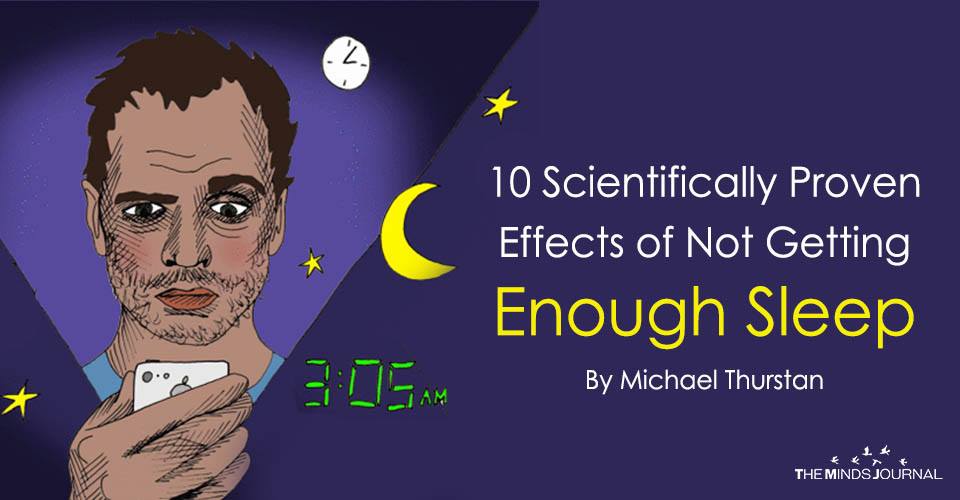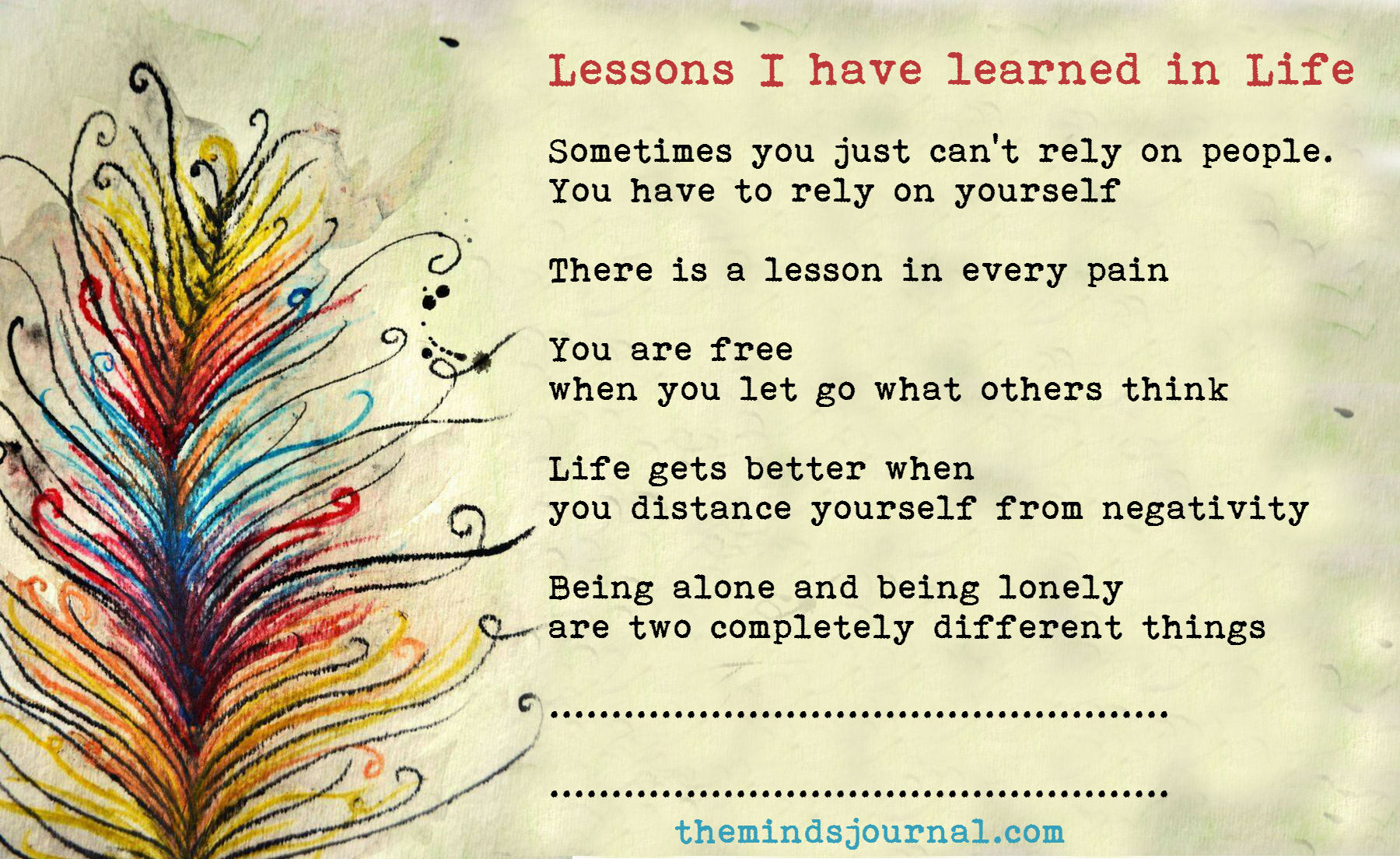Sleep has been the subject of many studies, especially in recent years. Scientists are learning more and more about what your body does while you sleep. At the same time, they are learning more about the effects of not sleeping enough in the short and long run. Read on to discover ten scientifically proven reasons why getting enough high-quality sleep is crucial for your health and functioning.
1. Impaired Cognition
Crucial for learning and thinking, sleep is absolutely necessary for most cognitive processes. Lack of sleep adversely affects your ability to concentrate, be the alert, reason, and solve problems. This makes it much more difficult to process new information. Sleep deprivation affects a wide variety of cognitive functions, and can even affect gene expression within the brain, according to a study by SRI
2. Accidents
Sleep deprivation was the cause of several notorious accidents in history, including nuclear catastrophes and devastating oil spills. Furthermore, a great proportion of car accidents every day is caused by fatigued and drowsy drivers. Lack of sleep can significantly increase reaction times, making it as dangerous for driving and other activities as being intoxicated. At work, too, many people suffer from injuries and accidents as a result of the loss of sleep or poor quality sleep.
3. Serious Health Problems
Consistent lack of sleep due to sleep disorders and chronic sleep loss places people at risk for a long list of health conditions. These include heart disease, irregular heartbeat, high blood pressure, and diabetes, among many others. According to estimates, 90% of people who suffer from insomnia also suffer from another health condition.
Read How Sleeping on Your Left Side Affects Your Health
4. Decreased Sex Drive
Unsurprisingly, sleep deprivation causes a loss of libido and interest in sex in both men and women. This correlation is largely due to physical symptoms including depleted energy and increased tension, but also has to do with psychological effects. If lack of sleep is common for one or both partners, it can negatively affect levels of intimacy within their relationship. Getting enough quality sleep is very important to avoid becoming too tired to care about sex.
5. Poor Mental Health
In the long term, lack of sleep adversely affects mental health. Consistently sleeping too little can contribute to symptoms of psychological disorders, especially depression and anxiety. Insomnia has an especially strong link to depression. Sufferers of insomnia are five times more likely to suffer from depression, and insomnia is also a common symptom of depression. This two-way correlation can sometimes make it unclear which is the cause and which is the symptom. Luckily, treating one is known to help with the other and vice versa.
Read Weighted Blankets For Sleep And Anxiety: You’ll Definitely Love This!
6. Accelerated Aging
Everyone has experienced changes to their appearance after a few nights of insufficient sleep. Unfortunately, chronic lack of sleep takes a permanent toll on the skin. It leads to dull skin tones, wrinkles, and dark circles under the eyes. An excess of the stress hormone cortisol, released when you don’t sleep enough, can also break down collagen, or the protein that keeps skin firm and elastic. On top of all this, sleep deprivation causes a lack of growth hormone production in the body. This makes it difficult for the body to restore after the “wear and tear” of daily life.
7. Forgetfulness
Getting plenty of sleep is crucial for your ability to process and store memory. Lack of sleep, therefore, makes it more likely that you will forget what you have learned and experienced during the day. When deprived of sleep, the brain struggles to transfer information from the hippocampus to the neocortex, where long-term memories are stored. As a result, it doesn’t get a chance to consolidate your memories, making you much more forgetful.
Read 6 Terrifying Things That Happen To Your Body When You Don’t Get Enough Sleep
8. Weight Gain
Have you ever noticed that your appetite is higher when you sleepless? This has been explained by scientific research. Substances called peptides to regulate appetite within the body. Ghrelin stimulates hunger, while leptin signals to your brain that you are full, suppressing appetite. When you sleep less, your body produces less leptin and more ghrelin. The result is that you are likely to eat more than your recommended calorie intake when you don’t sleep enough. As a result, loss of sleep makes people much more likely to become overweight and even obese than those who get enough quality sleep.
9. Impaired Judgment
Parallel to its many other effects on physical and mental functioning, sleep deprivation severely affects our ability to make sound judgments. These include judgments on moral issues as well as general decision-making. Ironically, those who don’t sleep enough often make impaired judgments regarding how much they sleep and how this affects their daily lives. If you feel that you’re used to sleeping six hours a day and don’t notice that it impairs your daily functioning, you may turn out to be wrong once you actually test your relative cognitive function and alertness.
10. Increased Risk of Death
Though it sounds severe, sleep deprivation has been statistically correlated with the risk of death. The many health conditions that arise as a result of chronic lack of sleep affect mortality. Less sleep means a higher risk of death, especially through accidents and cardiovascular disease.
Frequently Asked Questions (FAQs)
Is insufficient sleep linked to attention problems in children?
As per a new study, children who get an insufficient amount of sleep are more likely to have attention, emotional, and control problems with their surroundings.
Do teens who drink alcohol increase their risk of developing sleep problems?
The use of alcohol use or binge drinking in not just teenagers but even among adults is associated with various types of sleep problems.
Are sleep disorders a normal part of aging?
Just like changes in physical appearance occur during old age, and change in sleep pattern is also a normal part of the process of aging.
Do people with schizoaffective disorder need more sleep?
People suffering from Schizophrenia often report a poor sleeping schedule which can directly aggravate the symptoms of schizophrenia. Hence, these people need more sleep and rest.










Leave a Reply